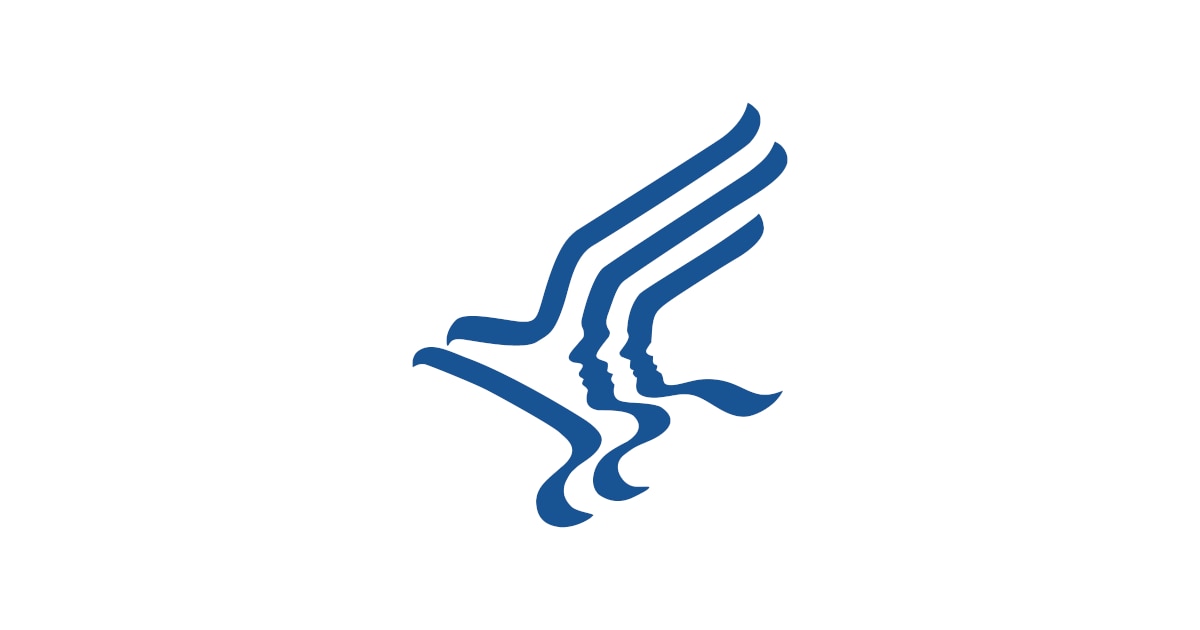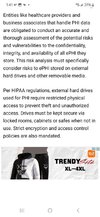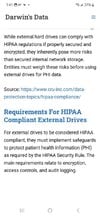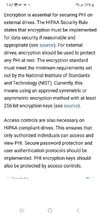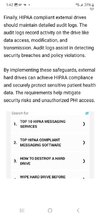I may have not been clear in how I said things.
As a health care professional treating patients, Jbomba is a HIPPA Covered Entity.
The PHI created by Jbomba, regardless of its form (electronic or paper), will be HIPPA bound.
Correct, there is no requirement by HIPPA to have an EMR, only for the Covered Entity to nonetheless still abide by HIPPA with its PHI.
If one is simply going to use Microsoft Word 'securely', just be sure you are in compliance with HIPPA.
Document your security risk assessment and plan.
Paper charts have to follow HIPPA as well if it contains PHI. The HIPPA requirements for any form of PHI are the same. The implementation will be different, of course.

www.hhs.gov
You may want to review the SRA tool to help you stay in HIPPA compliance for your practice.

www.healthit.gov
As far as backups. I would suggest three 'rules'.
Manual backups are not a good backup solution. It needs to be automated.
You need one backup offsite as part of your disaster plan.
Test your backups.
Good luck!

